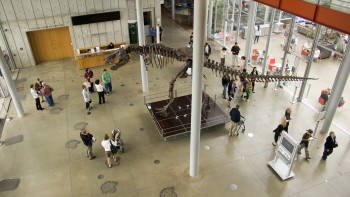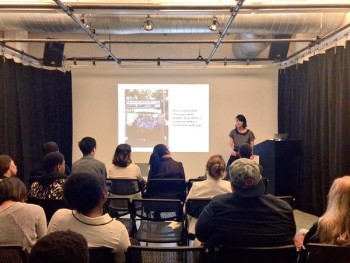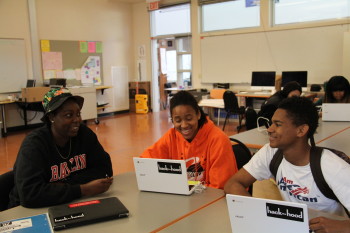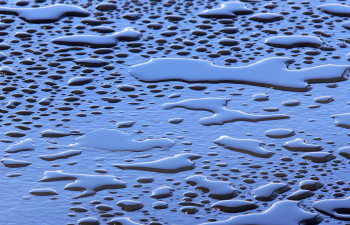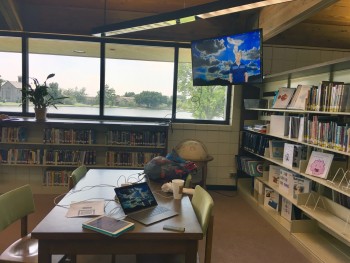We consult on a variety of issues ranging from the use of technology in schools, to organizational planning and development, to scaling up interventions. By helping to develop program logic models and frameworks for generating actionable data, we help to support decision-making, program development, reporting to stakeholders, and organizational learning. Our capacity-building services also include working closely with clients to develop internal capacity to set, monitor, and evaluate progress towards goals.
Selected examples of our Consulting and Capacity-Building projects are below. We welcome the opportunity to discuss your project with you and to provide you with more information about our tailored services. Please Contact Us to schedule a free 30-minute Q&A session with a consultant.
